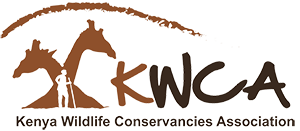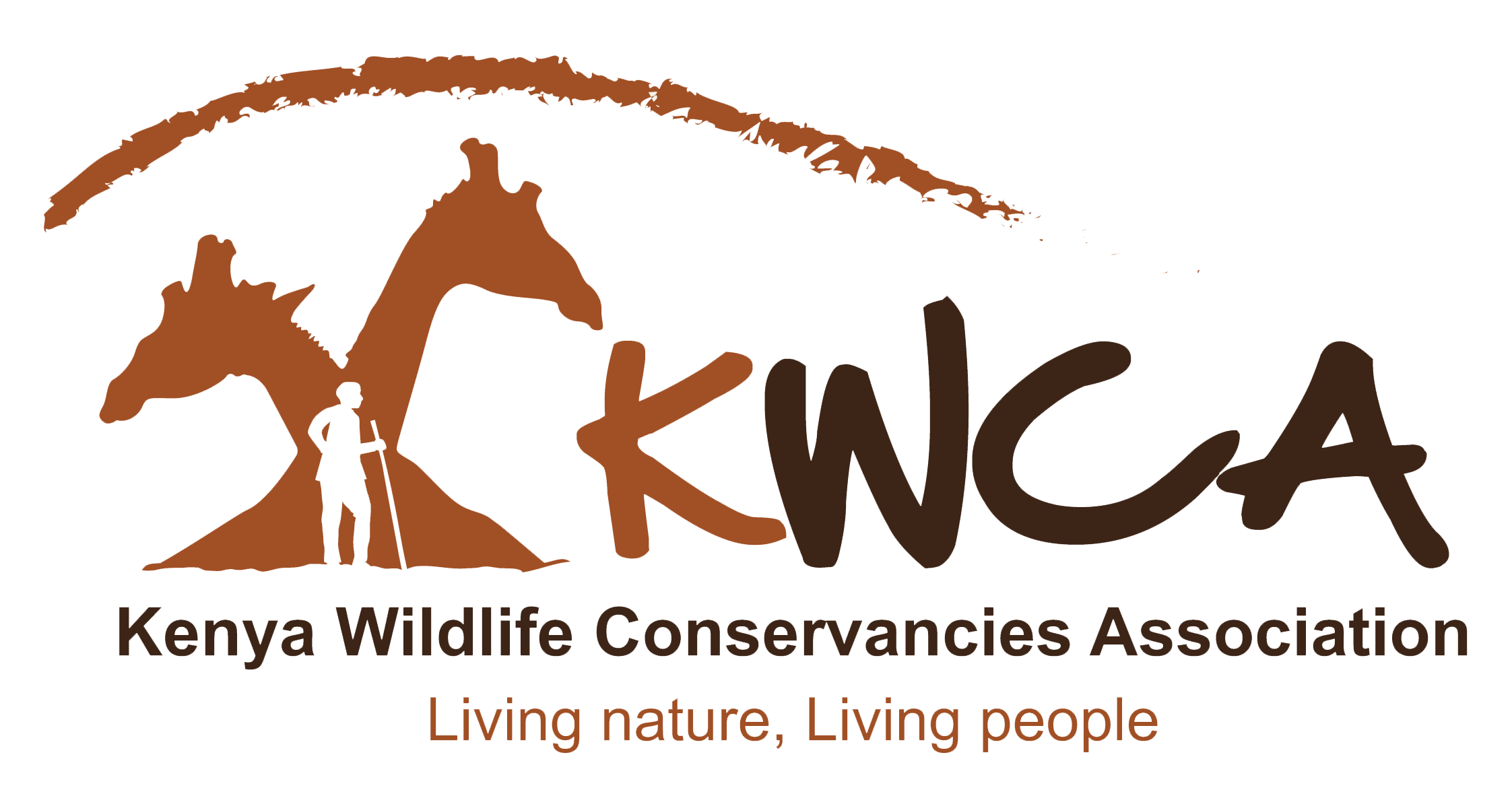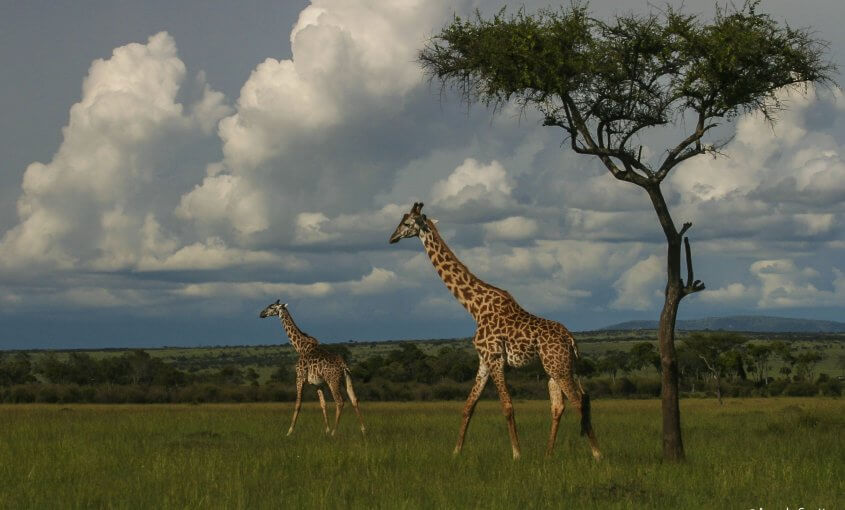Recent Amendments to the Wildlife Act 2013: Institutional Changes and Penalties
The Statute Law (Miscellaneous Amendments) Act No. 18 of 2018, passed on 31st December 2018 and effective 4th January 2019 substantially amends the Wildlife Conservation and Management Act 2013, focusing on;
- Institutional structures & functions changes;
- New offences and penalties on wildlife crimes
Institutional Changes
1. Kenya Wildlife Service Sec 6 (1)– now identified as a “uniformed and disciplined” service.
2. KWS Board of Trustees (sec 8(2))-
- Conservancies representatives reduced from 3 to 1
- National wildlife Conservation NGO representative removed
- 4 skilled persons replace key stakeholders (fundraising, law, finance, business or investments appointed by the Cabinet Secretary)
3. County Wildlife Conservation and Compensation Committee (CWCCCs) (sec 18 &19)
- Name changed to Community Wildlife Conservation Committee (CWCC)
- Chair of committee as County Commissioner, replaces the competitively recruited chair appointed by Cabinet Secretary
- Reduces committee members from 13 to 9 excluding County government representative, land use planning officer, officer in charge of county police, and county environment officer
- Limits functions of the committee from 10 to 3: compensation, human wildlife conflict and harnessing participation in wildlife conservation.
4. Endowment fund (Sec 23)
- Wildlife Conservation Trust Fund replaces the Endowment fund
- Trust fund is a public private partnership
- Key functions to support wildlife conservation initiatives in national parks, reserves and conservancies
- Governing council of 9 being 5 government representatives and 4 private sector experts.
- Local communities and landowners excluded in governing council of Fund
- Functions of the Fund relevant to conservancies: support management of conservancies, community based wildlife initiatives, and provision of conservation grants
- Regulations and guidelines to to be developed to facilitate setting up and management of the Fund
5. Wildlife species excluded from compensation
- No compensation for death and injury caused by poisonous snakes, sharks, stonefish, whale, stingray and wild pig
- No compensation for damage on crop, livestock and property caused by snake, zebra, wildebeest, wild dog and eland.
Offences & Penalties
A. New offences & Penalties:
- Poisoning of wildlife (sec 95A)-not less than KES 5 million or imprisonment of not less than 5 years or both
- Aiding and abetting in the import or export of:
- Critically or endangered species (sec 99 (4)) -not less than KES 100 million or imprisonment
- Other wildlife-fine of not less than KES 20 million or imprisonment term of not less than 10 years or both
- Burning charcoal in a protected area (sec 102 (1)(da)), including conservancies-fine of not less than KES 200,000 or imprisonment of not less than 2 years or both
- Undertaking extractive activity in a protected area (Sec 102(1)(g)- not less than KES 200,000 or imprisonment of not less than 2 years or both
B. Clarified offences relating to endangered and threatened wildlife species (sec 92): e.g. elephants, rhinos
- Killing, injuring, torturing, molesting and attempt to kill or injure- imprisonment of not less than 3 years, no option of fine
- Dealing in wildlife trophy – imprisonment of not less than 5 years, no option of fine
- Dealing in live wildlife species – imprisonment of not less than 5years, no option of fine
- Possession of live wildlife species or trophy- a fine of not less than KES 3 million or imprisonment of not less than 3 years or both; and
- Manufacturing an item from trophy -fine of not less than KES 10 million or up-to life imprisonment.
C. Offence with elevated penalties
- Hunting for bush meat trade (sec 98) that includes:
- Dealing (sell, supply, purchase, distribute, transport and possess) in carcass or meat of any wildlife species – 3 years imprisonment with no option of fine payment
- Purchase of any meat or eggs of any wildlife species – fine of up to KES 1 million or a term of 12 months, or both.
Read more from our Factsheet- Recent Amendments to the Wildlife Act 2013



Leave a Reply
You must be logged in to post a comment.